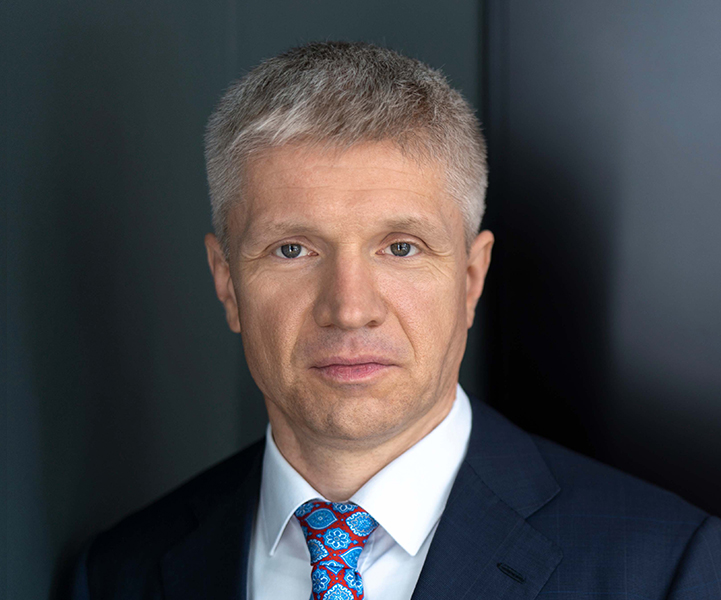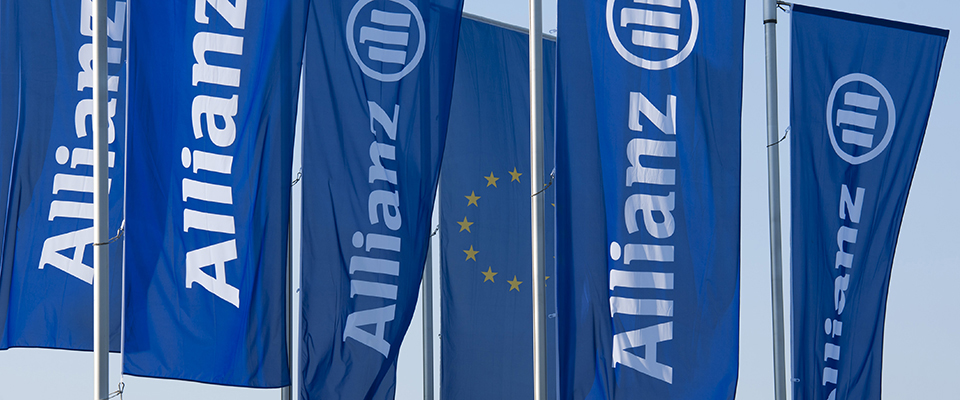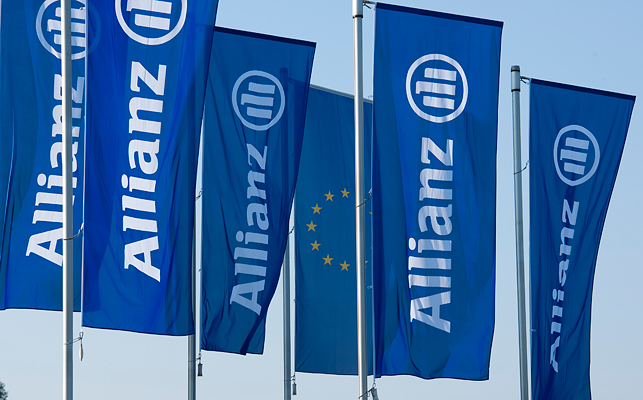Today, Allianz is publishing its first comprehensive net-zero transition plan, which substantiates the company’s long-term strategic climate commitment to achieve net-zero emissions by 2050 in its proprietary investment and P&C underwriting portfolios and already by 2030 within its own operations.
The company outlines concrete intermediate targets by 2030 to reduce GHG emissions in the Allianz’s own business operations, proprietary investment portfolio and P&C insurance business. Allianz will also strengthen its existing engagement activities with customers and investee companies on a joint net-zero transition journey and expand its targeted growth of renewable energy, low-carbon and further transition technology, and sustainable mobility in both the investment and insurance business. By delivering a transparent and tangible net-zero transition plan, Allianz aims to advocate climate action joining forces with customers and business partners, the financial services sector, and other industries, as well as policymakers and governments.
“With extreme weather events, this summer has reinforced the urgency to act on climate change. Governments, businesses and individuals must work together to build resilience and limit global warming to 1.5°C. Therefore, at Allianz, we are committed to delivering on our own net-zero targets, as well as partnering with our clients and investee companies in their transition. We believe our intermediate targets will help us realize our growth potential and contribute to a healthier, more secure future for everyone,” says Oliver Bäte, Chief Executive Officer of Allianz.



